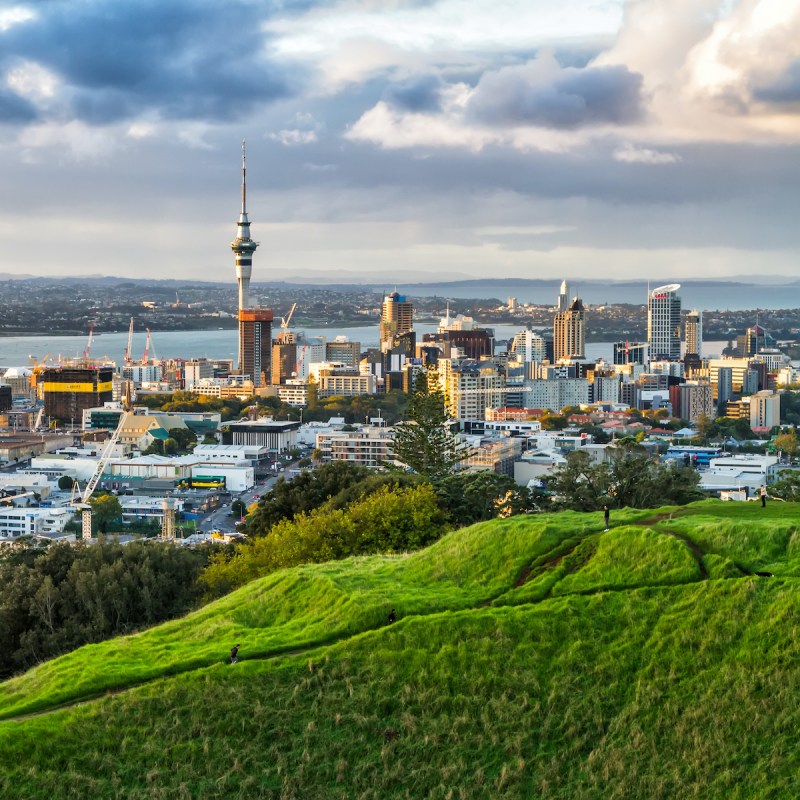
New Zealand has been the shining star when it comes to managing the coronavirus pandemic. Prime Minister Jacinda Ardern announced Thursday that the country officially has plans to reopen its borders early next year.
Videos by TravelAwaits
New Zealand, an incredible success story throughout the pandemic, was one of the first countries to shut down its borders, limiting entry exclusively to citizens and residents in mid-March of 2020. It also implemented one of the strictest lockdowns in the world, closing businesses and schools and keeping people in their homes.
Since then, the country, home to a population of 5 million, has reported fewer than 3,000 cases and only 26 deaths from COVID-19. As community cases declined, restrictions loosened, and the country declared itself “virus-free” back in June.
New Zealand has now eliminated almost all lockdown restrictions and swiftly handles any rare outbreaks with strict, localized lockdowns. The country is now moving toward updating one of the only remaining practices from the initial lockdown — the strict border restrictions.
As of now, no non-citizens or non-residents can travel to the country. Starting next year, Ardern says that foreigners will once again be permitted into the country “on a carefully managed basis.”
Fully vaccinated travelers from “low-risk” countries will not be required to quarantine upon arrival, while those from “medium-risk” countries will be subject to some form of quarantine. Meanwhile, both travelers from “high-risk” countries and unvaccinated travelers will be required to stay at a quarantine hotel, run by the country’s military, for 14 days.
“Just like after 9/11, the border will never be the same after COVID,” Ardern said. “Things can change, but that doesn’t mean we can’t adapt to them in a way that eventually feels normal again.”
The government plans to maintain its zero-tolerance approach, even after the borders reopen.
“If we give up our elimination approach too soon there is no going back,” she said. “We could see significant breakouts here like some countries overseas are experiencing who have opened up early in their vaccination rollout.”
In addition to announcing plans for reopening the border, the government has updated guidelines surrounding its vaccine rollout.
With only 17 percent of adults fully vaccinated, and 29 percent with at least the first dose of the vaccine, New Zealand is still in the early stages of its vaccine rollout. Seeing as the prioritized citizens — border workers and older residents — have been fully vaccinated, the government will now prioritize giving everyone their first dose. This means increasing the standard time between both Pfizer doses from 3 weeks to 6 weeks.
“From a population basis, it makes sense to get as many New Zealanders at least partially vaccinated quickly,” Ardern said. She explained that the borders will not be able to reopen until the country has successfully completed its vaccine rollout.
